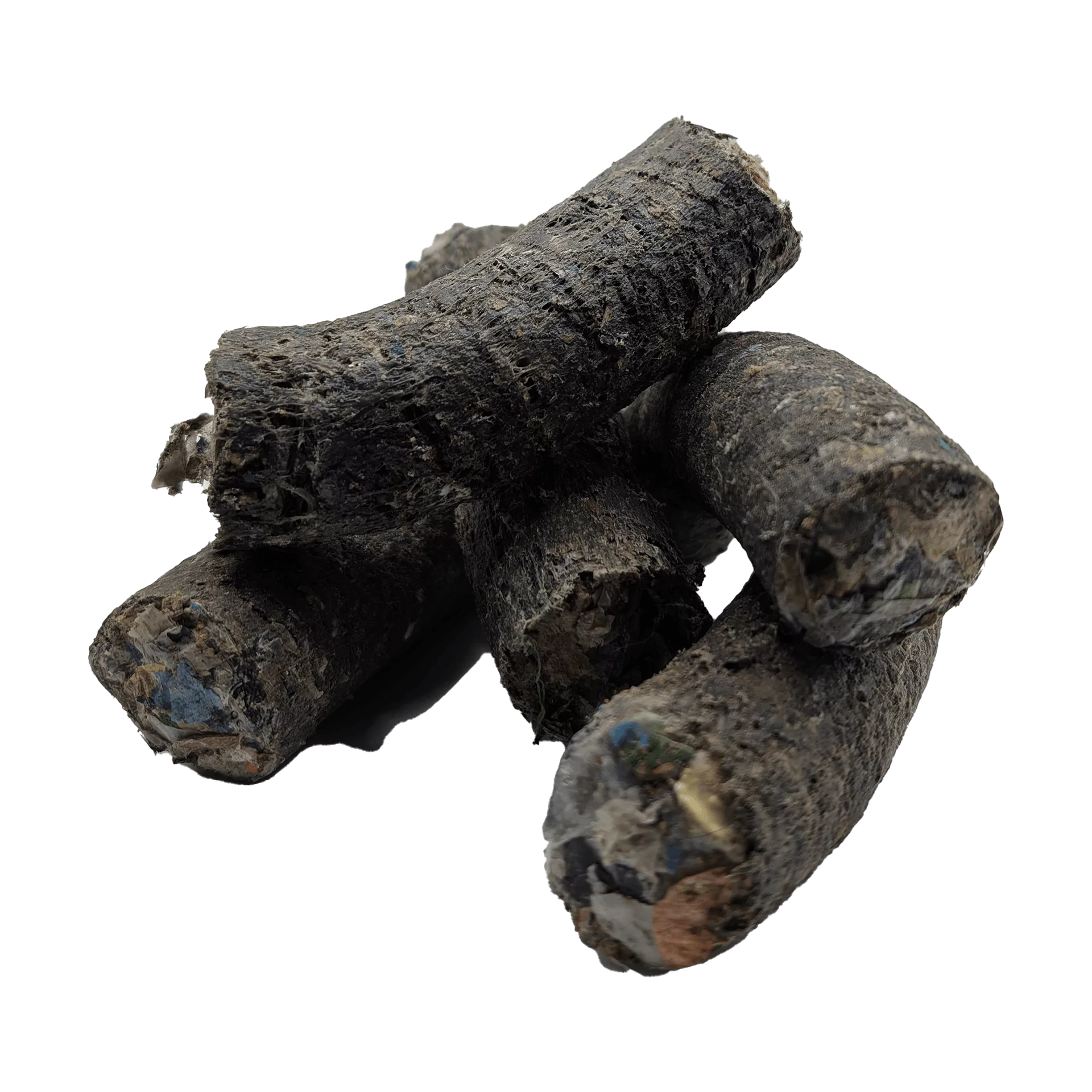RDF primarily comes from the processing of municipal waste that separates and remove recyclables, organic materials, and hazardous components, leaving behind a combustible fraction that can be used as an alternative energy source. The resulting RDF can vary in composition, depending on the waste it’s derived from, but it typically consists of materials like paper, plastics, textiles, and wood. RDF is designed to have a calorific value high enough to be used in industrial combustion processes, including power plants, cement kilns, and industrial boilers.

Are you looking for turnkey solutions?
Learn more about our turnkey
solutions or contact us below to discuss your project.

